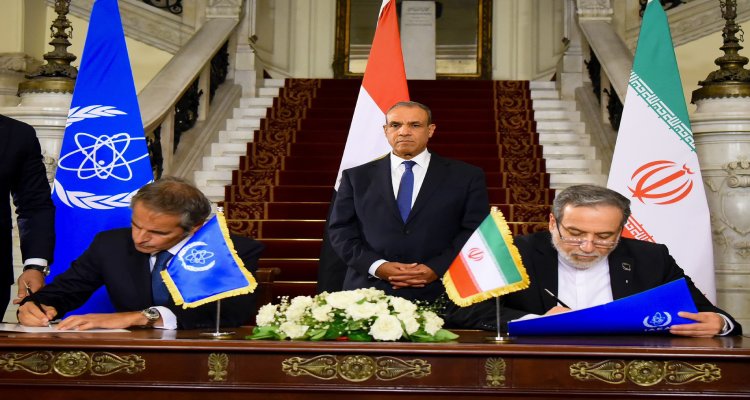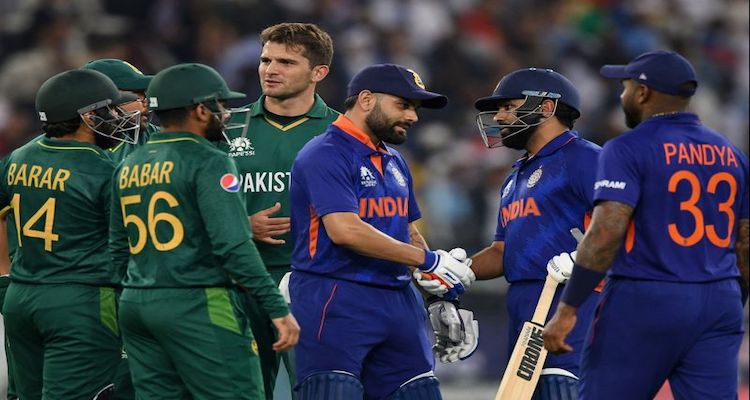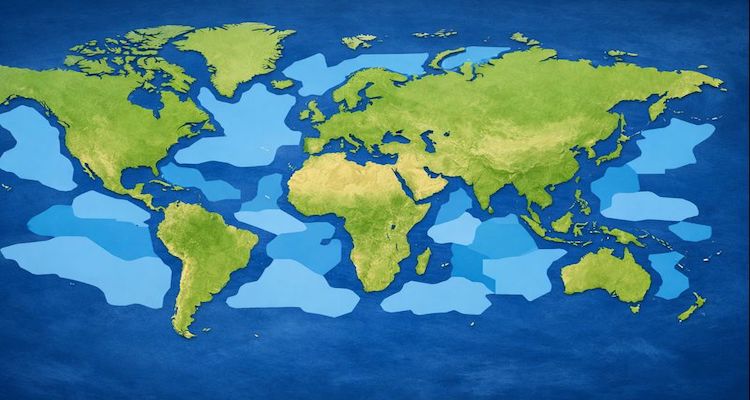Iran and IAEA Reach Agreement to Resume Nuclear Inspections Amid Tensions

Iran and the IAEA have agreed to resume nuclear inspections after a months-long standoff, following military strikes and international pressure for compliance with UN safeguards.
Introduction: A Fragile Return to Nuclear Oversight
After a tense summer marked by military strikes and diplomatic standoffs, Iran and the UN’s nuclear watchdog, the International Atomic Energy Agency, have agreed to resume vital inspections of Tehran’s nuclear facilities. The move comes amid renewed threats of UN sanctions and growing anxiety over Iran’s nuclear ambitions, signaling a potential path back to dialogue – but also exposing deep rifts and unresolved risks.reuters+3
Context & Background: War, Strikes, and Breakdown
This agreement follows a period of unprecedented volatility. In June 2025, Israel and the United States launched targeted airstrikes on several Iranian nuclear sites, prompting Tehran to suspend all cooperation with the IAEA for “safety reasons” and in protest of what it called illegal acts of aggression.gov+2
On July 2, Iran’s president signed legislation halting all work with the UN nuclear watchdog, and inspectors were forced out of nearly every site except the Bushehr nuclear power plant, leaving the international community in the dark about key aspects of Iran’s nuclear program. With the breakdown of monitoring, Western powers began preparations to reinstate sanctions under the 2015 nuclear deal’s “snapback” mechanism.nytimes+2
Main Developments: Terms of the New Deal
The new agreement was hammered out this week in Cairo, where IAEA chief Rafael Grossi met with Iranian Foreign Minister Abbas Araqchi. Grossi stated that the pact lays out “practical modalities” for resuming inspection activities, calling it an essential step to restoring trust and transparency.reuters+1
Importantly, details remain opaque. While the IAEA asserted it has been granted renewed access to all of Iran’s nuclear facilities, Tehran’s officials contradicted this, saying access would, for now, only apply to Bushehr, with future terms to be negotiated. That ambiguity underscores the lingering distrust and complex technical, legal, and political hurdles that must still be addressed.aljazeera+2
Expert Insight & Public Reaction
Analysts warn that the agreement, while welcome, remains precarious. Senior diplomats from France, Germany, and the UK—the so-called E3—have maintained that full implementation and transparency are required before snapback sanctions are halted. “Our collective hope is that this marks a true return to multilateral nuclear diplomacy, but the conditions are very fragile,” said one European official.aljazeera+2
Iranian spokespeople, meanwhile, were adamant: any renewed military action against Iran or the re-imposition of old UN Security Council resolutions would immediately void the agreement. Public sentiment within Iran has been divided, with officials framing the deal as both a defense of national sovereignty and a pragmatic step to avert further economic hardship.nytimes+1
Impact & Implications: What’s Next?
The stakes remain high for Iran, the region, and the world. If the agreement leads to a full restoration of IAEA access, it could calm global fears about Iran’s potential pursuit of nuclear weapons and avert a snapback of broad sanctions that would cripple Iran’s economy and further destabilize the Middle East.gov+2
However, if either side perceives a violation—such as renewed attacks or a lack of transparency—the fragile accord could collapse, reviving fears of a regional arms race or escalation. The coming weeks are critical, as diplomatic teams work out the precise “modalities” for inspections and the E3 nations decide whether to move forward with sanctions or allow dialogue to proceed.aljazeera+3
Conclusion: A Cautious Step Toward Stability
The Iran-IAEA deal is a significant, if uncertain, development in the ongoing tensions over Iran’s nuclear ambitions and the international community’s response. While the resumed cooperation is a positive move, its long-term impact will depend on continued dialogue, transparent engagement, and a commitment to diplomatic solutions over confrontation. Only with sustained will from all parties can this fragile peace hold.reuters+2
Disclaimer : This article is intended for informational purposes only. It reflects events and public positions as reported by official sources as of September 2025. Opinions expressed do not constitute legal or policy advice.










